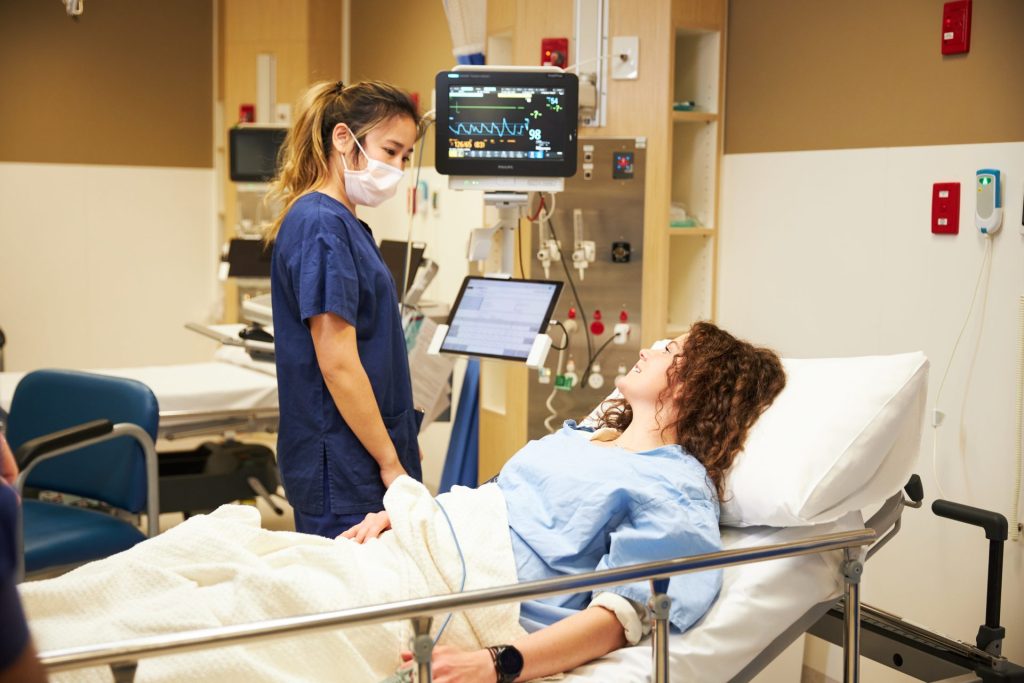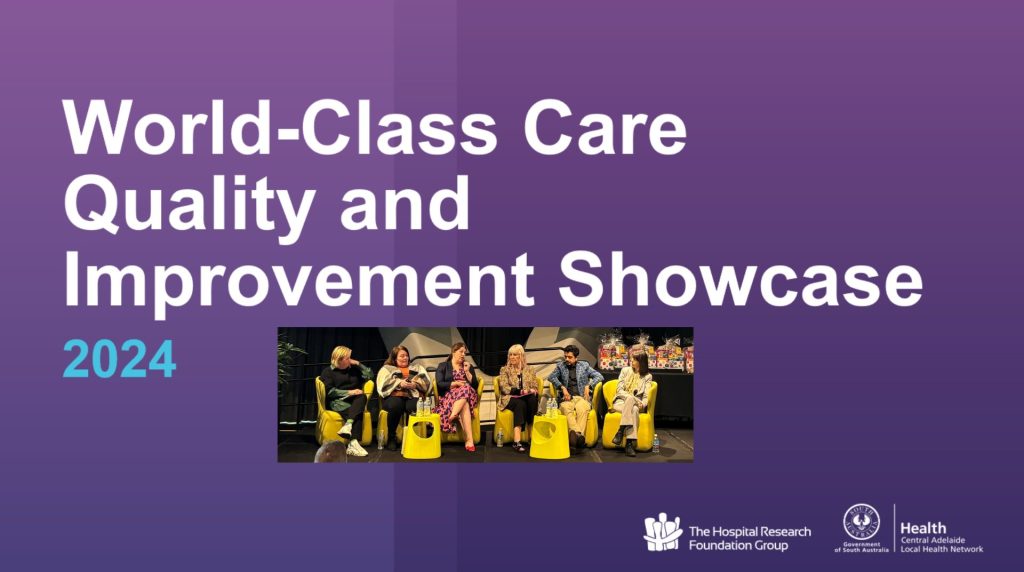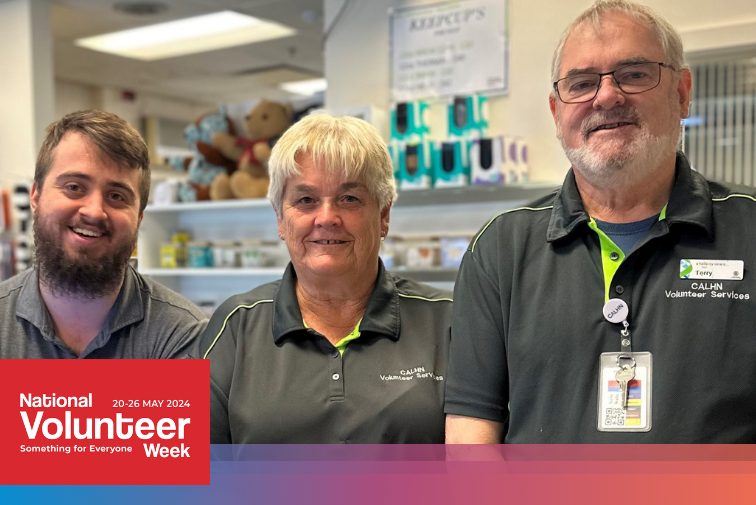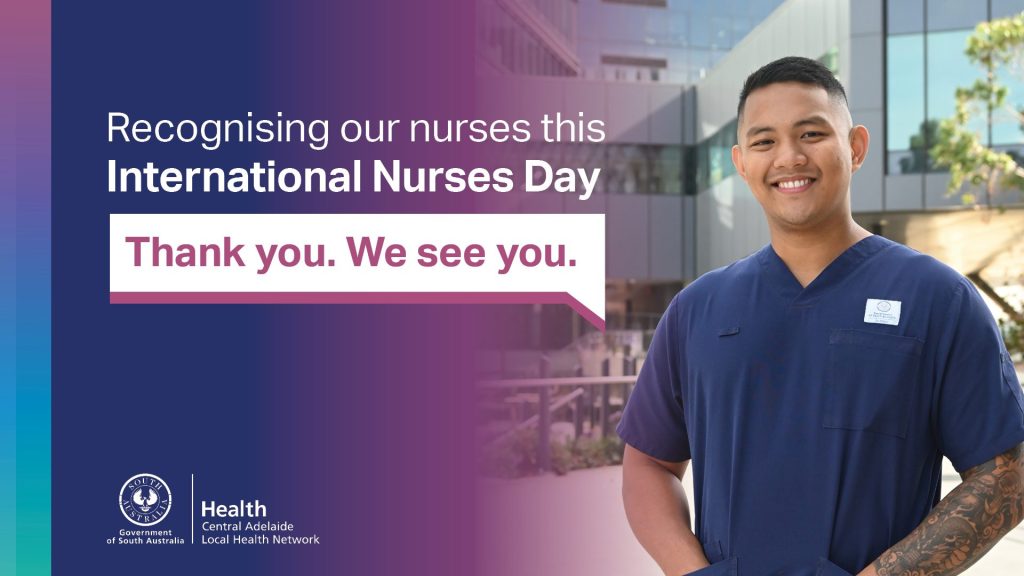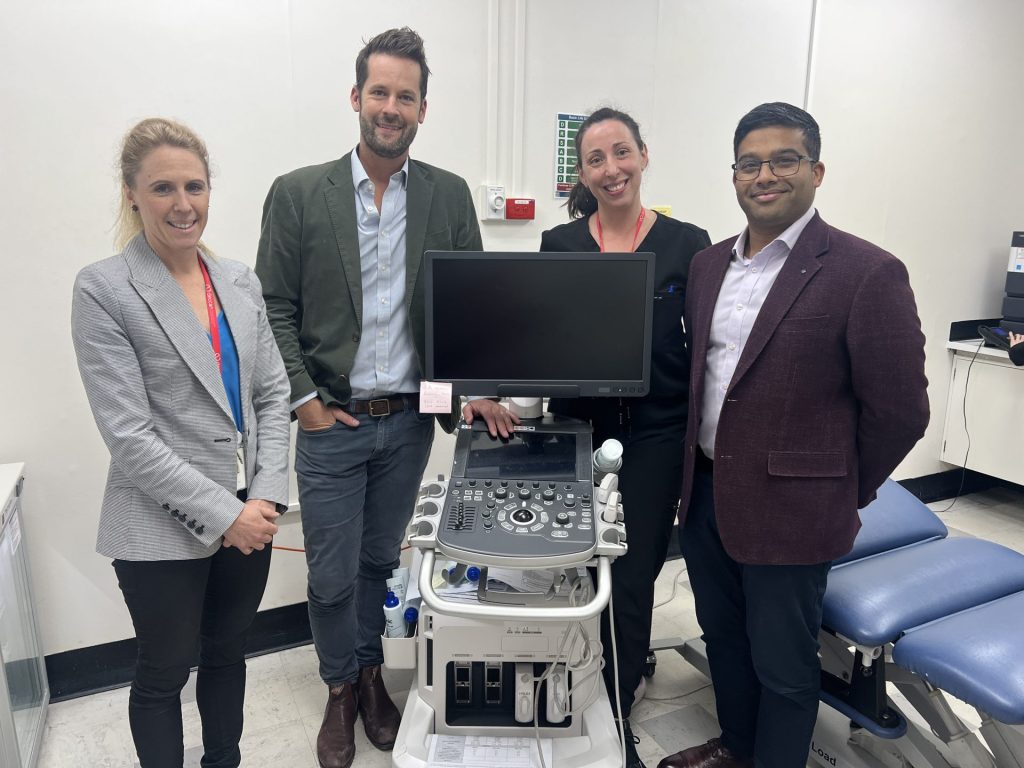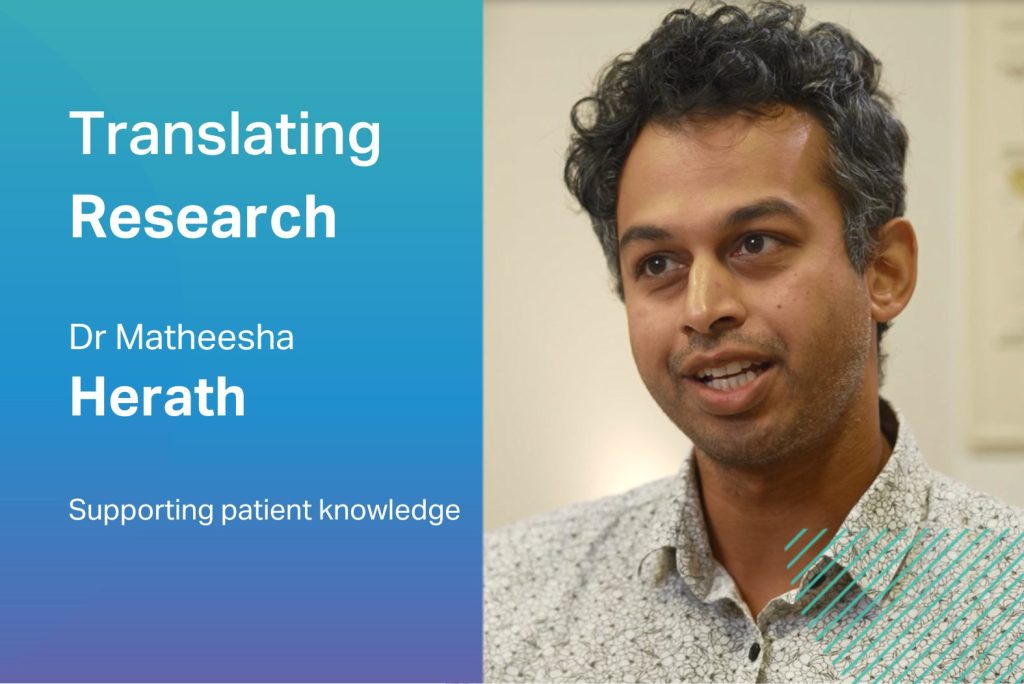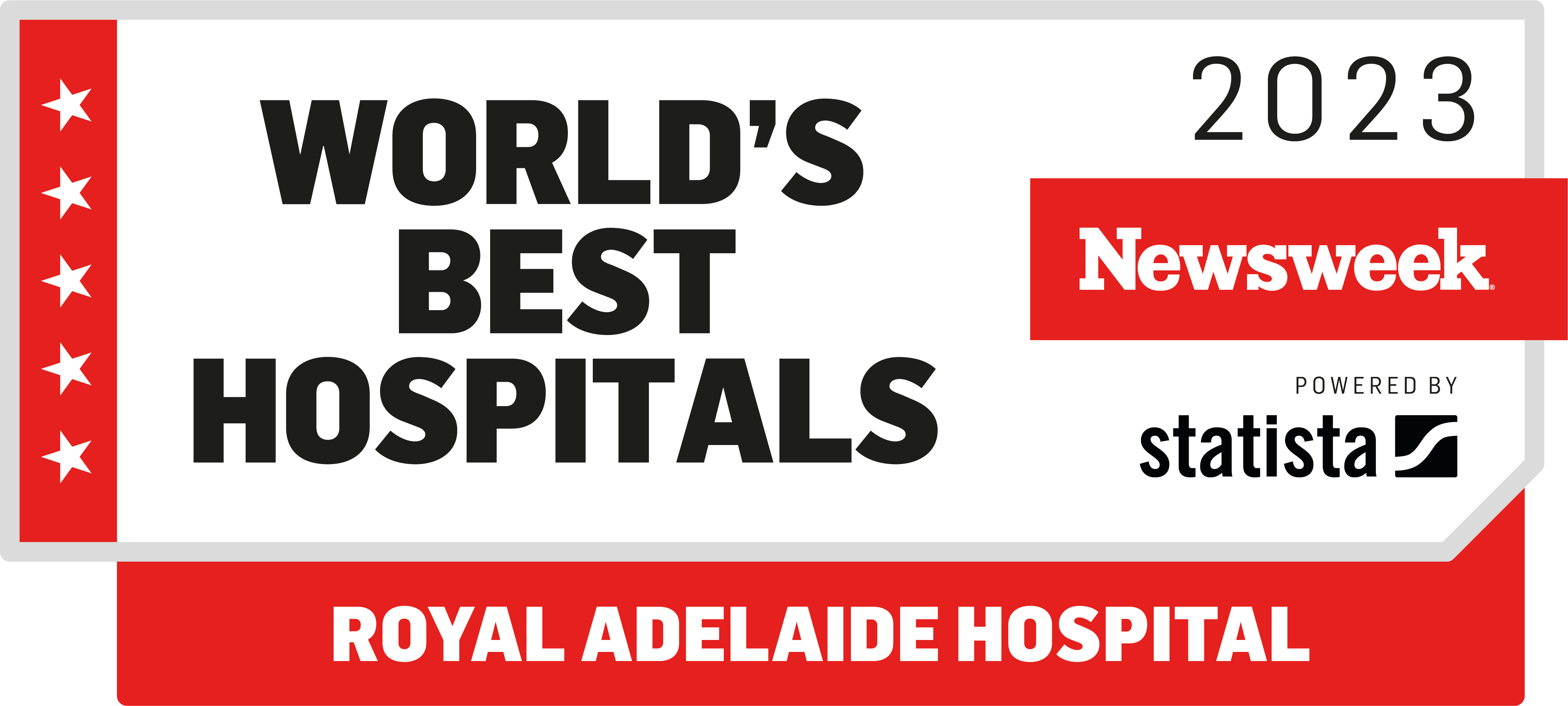
News
The vital role former refugees play in shaping clinical care and research at Central Adelaide
Clinical Professor Phan Nguyen arrived as a refugee in Australia in 1981. Now he’s the head of unit in the Department of Thoracic Medicine at the Royal Adelaide Hospital (RAH), Central Adelaide Local Health Network (CALHN). “My work is constant and quite high...
Women’s knowledge about breast density is still patchy: new research
A study from The Queen Elizabeth Hospital (TQEH) shows that while some women have knowledge of breast density, older women and those who don’t speak English at home are less likely to be aware of it. Furthermore, misconceptions are common. For example, while many...
Positive impact: Improving the health and wellbeing of healthcare professionals
Work plays a pivotal role in our lives. Therefore, enhancing the health and wellbeing of any workforce is vital – this is especially so in the healthcare sector when some mistakes can be life-threatening.However, humans are complex. Workplaces are complex. Mental...
The importance of patient case studies in delivery of evidence-based care
Ongoing education is a core aspect of healthcare delivery at Central Adelaide Local Health Network (CALHN). But with busy schedules and only so many hours in the day, it can be challenging for clinicians to keep up-to-date with all the specialist areas of health....
Preventing the revolving door of hospital readmissions with Dr Clementine Labrosciano
Video series: Translating Research In this episode, we hear from Dr Clementine Labrosciano about her research focussing on patients admitted to hospital after a heart attack.We learn that Dr Labrosciano is working to build a reliable way for doctors to support...
Focus on innovation, community and partnerships: CALHN’s 2024 World-Class Care Showcase
We are delighted to announce the winners from CALHN’s World-Class Care Quality and Improvement Showcase 2024. Together, the high calibre of the winning (and short-listed) projects clearly demonstrates continual healthcare innovation at CALHN. In the Innovation in...
Retired nurse returns to help
Former nurse Terry retired with dreams of giving back. His former workplace was the perfect fit. The long-time rehabilitation nurse worked at the Hampstead Rehabilitation Centre for nearly a decade until retiring in 2022. Before that he nursed for 19 years at...
Learn more about the incredible work CALHN nurses do each and every day
International Nurses Day (12 May) is an opportunity to celebrate the crucial role CALHN’s nursing workforce play in delivering quality care and improving health outcomes across the community. More than 7000 nurses work across a diverse range of roles at CALHN,...
Central Adelaide nurses honoured for excellence
Exceptional Central Adelaide Local Health Network (CALHN) nurses have been celebrated for their significant contribution to healthcare in South Australia at the 2024 Nursing and Midwifery Excellence Awards. Three individuals and one team were among 14 winners...
The power of education: CALHN expertise leaves a lasting legacy
In this episode of the Our People podcast, we speak to CALHN Nurse Educator Joy Booth about the impact of her role educating Central Adelaide perioperative nursing staff and upskilling health care workers in Timor Leste, also known as East Timor.Joy has worked at...
Unique clinic has positive impact for irritable bowel syndrome
New data reveals the positive impact of a unique service designed for people with irritable bowel syndrome (IBS). Delivered at The Queen Elizabeth Hospital, the referral-only FGiD (functional gastrointestinal disorders) clinic has improved patient experience and...
How research supports doctor-patient communication with Dr Matheesa Herath
Video series: Translating Research In this episode, we hear about research supporting effective communication between patients and doctors. We learn that Dr Herath and his colleagues are running a trial in hospital outpatient departments looking at a simple prompt...
Latest community news
Sign up to receive the latest community news from the Central Adelaide Local Health Network (CALHN).
Central Adelaide LHN acknowledges the Kaurna people as the traditional owners of the lands on which its sites are located. We respect their spiritual relationship with their country and that their cultural and heritage beliefs are still as important to living Aboriginal and Torres Strait Islander people today.
The Central Adelaide Local Health Network website is licensed under a Creative Commons Attribution 3.0 Australia Licence. © Copyright 2023



